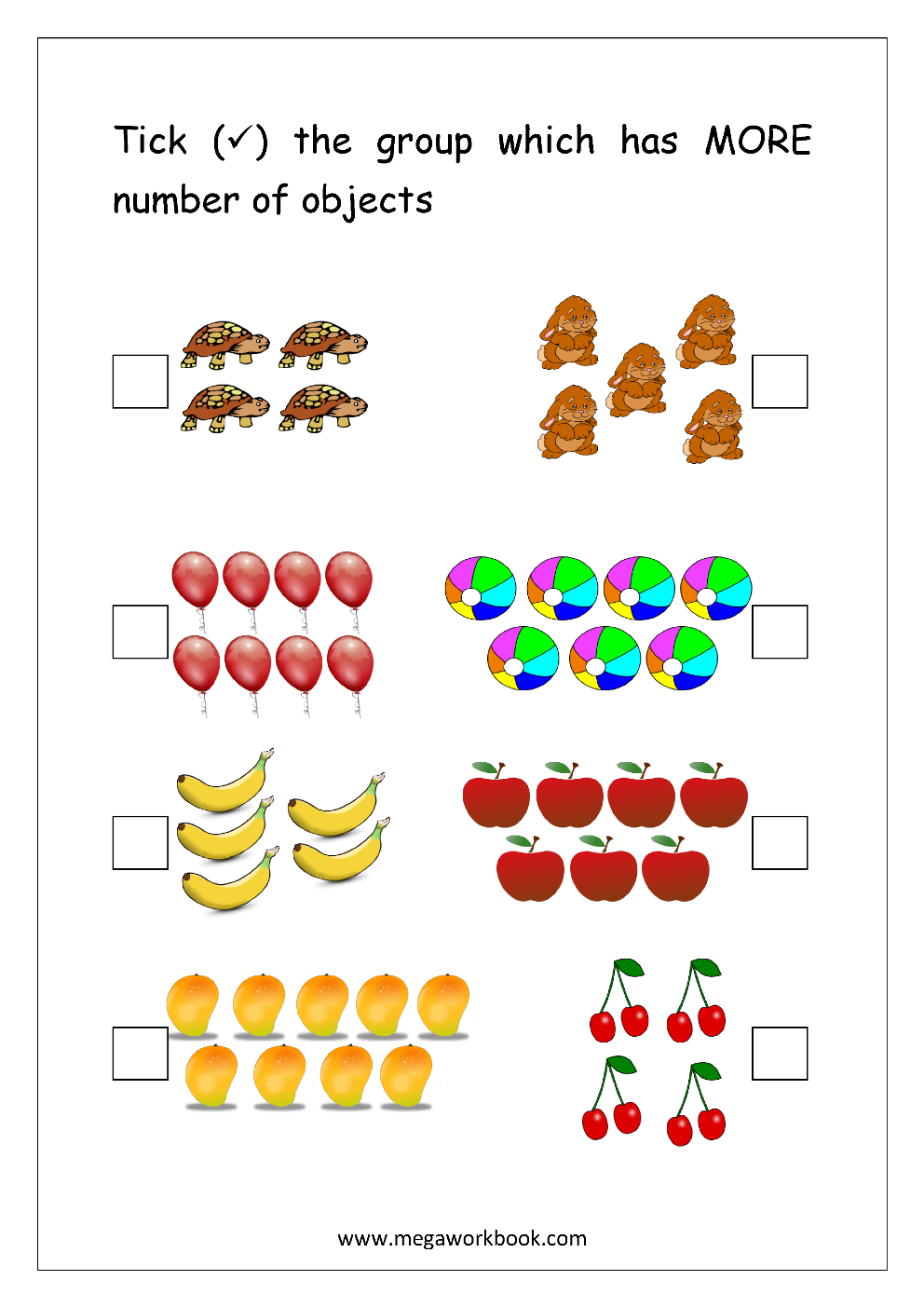In the world of education, worksheets are commonly used as a tool to reinforce concepts taught in the classroom. While worksheets can be beneficial for practicing skills and providing additional practice, there is a debate on whether students should be given more or less of them.
Some educators believe that more worksheets are necessary to help students master concepts and improve their skills. They argue that repetitive practice is essential for retention and understanding. On the other hand, there are those who advocate for less worksheets, emphasizing the importance of hands-on activities and interactive learning experiences.
More and Less Worksheets
Proponents of more worksheets argue that they provide valuable practice and reinforcement of concepts. By completing worksheets, students can solidify their understanding of the material and improve their problem-solving skills. Additionally, worksheets can be a useful tool for assessing students’ knowledge and identifying areas that may require further instruction.
However, critics of more worksheets argue that an over-reliance on them can lead to rote memorization and a lack of critical thinking skills. They believe that students benefit more from engaging in hands-on activities, group projects, and real-world experiences that promote creativity and collaboration.
On the other hand, advocates for less worksheets believe that students learn best through experiential learning and interactive activities. They argue that worksheets can be monotonous and uninspiring, leading to disengagement and a lack of motivation. By incorporating more hands-on activities and project-based learning, students can develop a deeper understanding of the material and apply their knowledge in real-world situations.
While the debate between more and less worksheets continues, it is important for educators to strike a balance between the two approaches. Worksheets can be a valuable tool for practice and reinforcement, but they should not be the sole method of instruction. By incorporating a variety of teaching strategies and activities, educators can create a dynamic and engaging learning environment that meets the diverse needs of students.
In conclusion, the use of worksheets in education is a topic of debate among educators. While some argue for more worksheets to reinforce concepts and improve skills, others advocate for less worksheets and more hands-on activities. Finding the right balance between the two approaches is essential to creating a well-rounded and effective learning experience for students.
